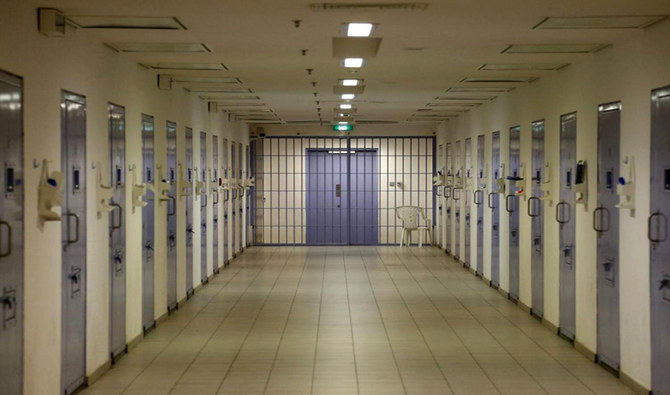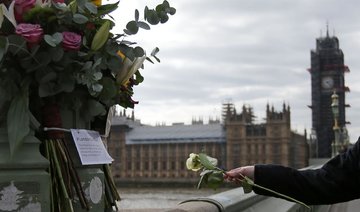ISLAMABAD: Saudi Arabia released 1,245 Pakistani prisoners from its jails this year, while Pakistani representatives were in touch with the Saudi government for the release of many others, the prime minister’s special assistant on overseas Pakistanis said on Thursday.
In February, Pakistan’s Information Ministry announced that Saudi Crown Prince Mohammed bin Salman had ordered the release of about 2,100 Pakistani prisoners from the Kingdom’s jails during a high-profile visit to Islamabad.
“Along with 1,245 prisoners released from Saudi jails, approximately 3,400 deported from Makkah, Riyadh, Dammam, Tabuk and other Saudi cities have also been released from deportation camps since the visit of Crown Prince Mohammed bin Salman,” Sayed Zulfikar Bukhari told Arab News.
More than 3,300 Pakistani prisoners are currently jailed in Saudi Arabia. Bukhari said in the last year, the government had succeeded in getting 2,559 Pakistani prisoners freed out of a total of 6,880 imprisoned in Gulf countries, including 1,200 in the UAE, 55 from Oman, 18 from Kuwait, 17 from Bahrain, 14 from Qatar and 10 in Iraq.
Most Pakistanis are in detention in the Gulf for forgery, drug trafficking, illegal border crossing, theft and bribery. Most of those released had been sentenced to between one and five years in prison.
Bukhari said the Saudi government was fulfilling its promise for the speedy recovery of prisoners but there was a problem devising the correct mechanism: “They (Pakistanis imprisoned in Saudi Arabia) include deportees, while our prime minister asked for those prisoners jailed for different crimes.
“We are thankful to the Saudi government for the release of such a number, approximately 38 percent of the total,” Bukhari added. “We hope that the ongoing process will result in the release of more prisoners in the remaining two months of the year.”
He said relevant Pakistani ministries were working closely to make this possible.
“The Ministry of Foreign Affairs is leading this effort while the interior and overseas ministries are working closely with them to provide relief to expats.”


























